Advertisement
Hand, foot, and mouth disease is a viral infection that is relatively common in children but may affect anyone. Fever is the most common symptom coupled with rashes, including painful blisters or ulcers on the hands and soles of the feet as well as inside the mouth, and most of them become well within a week although the discomfort may be major. To alleviate symptoms and accelerate healing, some of the effective remedies include sufficient hydration, over-the-counter analgesics, and local applications to help in treating sores. In preventing the spread of the virus and overall recovery, the patient should practice proper hygiene.
To find proper remedies, the basic aspect of HFMD is to understand what it is. Many types of viruses cause this infection. The most commonly involved type is the coxsackie virus. They start with a small fever accompanied by a sore throat and usually painful sores inside the mouth and later develop the rash on their hands and feet. Their blisters can be tender enough and painful for eating and drinking. These all will become known early, with the help of which effective home remedies are implemented.
There will also be times when rest becomes a big facilitator for recovery, and hence symptoms start easing in cases of immune support. Liquid loss happens from fever and can simply result from under-consumption. Make sure to provide frequent, low-volume sips of fluid or electrolyte solutions that keep your child well-hydrated. Feed your child cool, soothing foods to care for any mouth sores and not leave him or her dehydrated. Among them will include yogurt, smoothies, and popsicles.
For pain and fever management, you can go for over-the-counter acetaminophen or ibuprofen. Aspirin should be avoided in children due to the dangerous potential of Reye's syndrome. Oral anesthetic gels are helpful with pain in the mouth and might make it easier to eat and drink. Take caution when using these drugs to ensure they are child-safe and apply carefully.
Tips to Encourage Hydration
What Not to Do
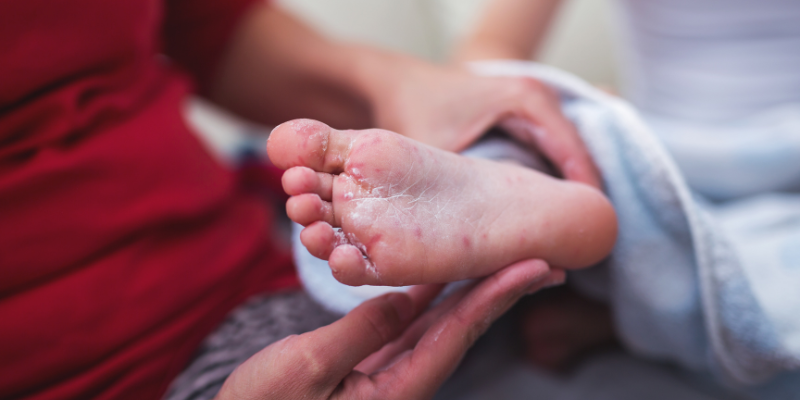
This is a useful remedy for comforting mouth sores because it can be a decent anti-inflammatory and a mild antibacterial agent. Mix 1/2 teaspoon of salt with a cup of warm water. Have the child swish it around in her mouth for a few seconds and then spit it out. Repeat as needed throughout the day.
Over-the-counter pain relief drugs may be helpful if the symptoms are quite annoying. Over-the-counter pain relievers, including acetaminophen and ibuprofen, may reduce fever and alleviate pain. Always consult the package for dosing instructions by age and weight. A healthcare provider should be consulted if unsure. Avoid aspirin use in children due to Reye's syndrome, an extremely rare but serious illness.
Prevention of the spread of HFMD is very important, especially in daycare or schools. Teach children to wash their hands frequently with soap and water, especially after visiting the toilet and before eating. If there is no soap and water, alcohol-based hand sanitizers are recommended. Clean and disinfect surfaces that are more often touched, such as toys, doorknobs, and countertops. Hygiene training can also equip children to avoid HFMD.
Important Safety Precautions
The majority of HFMDs are minor and do not become serious; however, a child should be monitored for symptoms. A child must seek a doctor in case they are suffering from continued high fever, severe pains in the mouth, or the symptoms worsen. The child should seek medical attention right away if the following symptoms of dehydration have appeared: dry mouth, less tearing, or decreasing the amount of urination.
Signs of Dehydration:
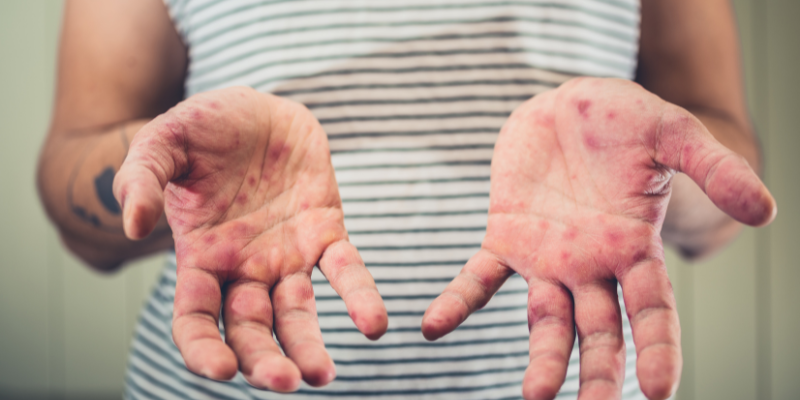
In addition to the above remedies, many natural home remedies may help alleviate symptoms. Aloe vera gel is an anti-inflammatory that can be used to soothe rashes on the skin.
You will want to create an environment as comfortable as possible for the child to recover from surgery. Ensure the child rests ample amounts and is comfortable in a quiet, cool room.
HFMD generally is a mild viral disease that causes distress, especially in younger children. A salty water rinse may be given to the child if he or she is showing mouth sores or a soothing bath may be prepared for skin rashes. Good hygiene will help to prevent transmission. Always observe for any dehydration signs or worsening conditions and refer them to the healthcare team promptly if anything seems odd. Most patients recover very well and can resume their usual activities in a few days if proper care is administered with attention to the child.
Advertisement

By Aldrich Acheson/Feb 28, 2025

By Elena Davis/Mar 16, 2025
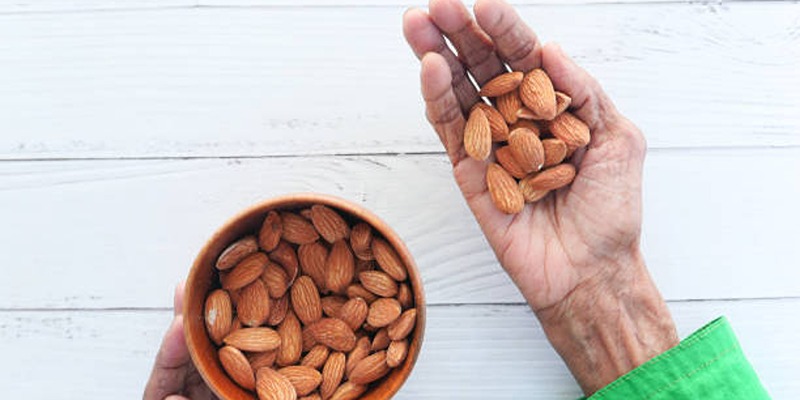
By Celia Shatzman/Jan 18, 2025

By Aldrich Acheson/Feb 28, 2025

By Pamela Andrew/Feb 28, 2025

By Elva Flynn/Feb 28, 2025
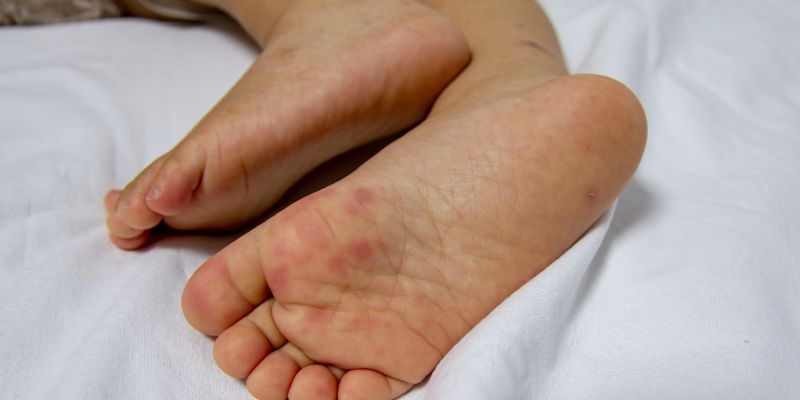
By Martina Wlison/Nov 05, 2024

By Juliana Daniel/Mar 16, 2025
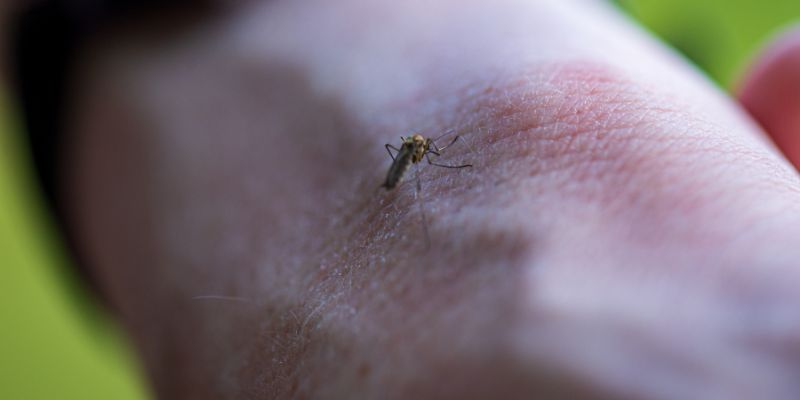
By Isabella Moss/Nov 09, 2024

By Gabrielle Bennett /Dec 10, 2024

By Noa Ensign/Nov 07, 2024

By Susan Kelly/Feb 28, 2025